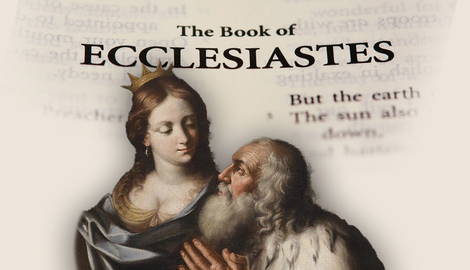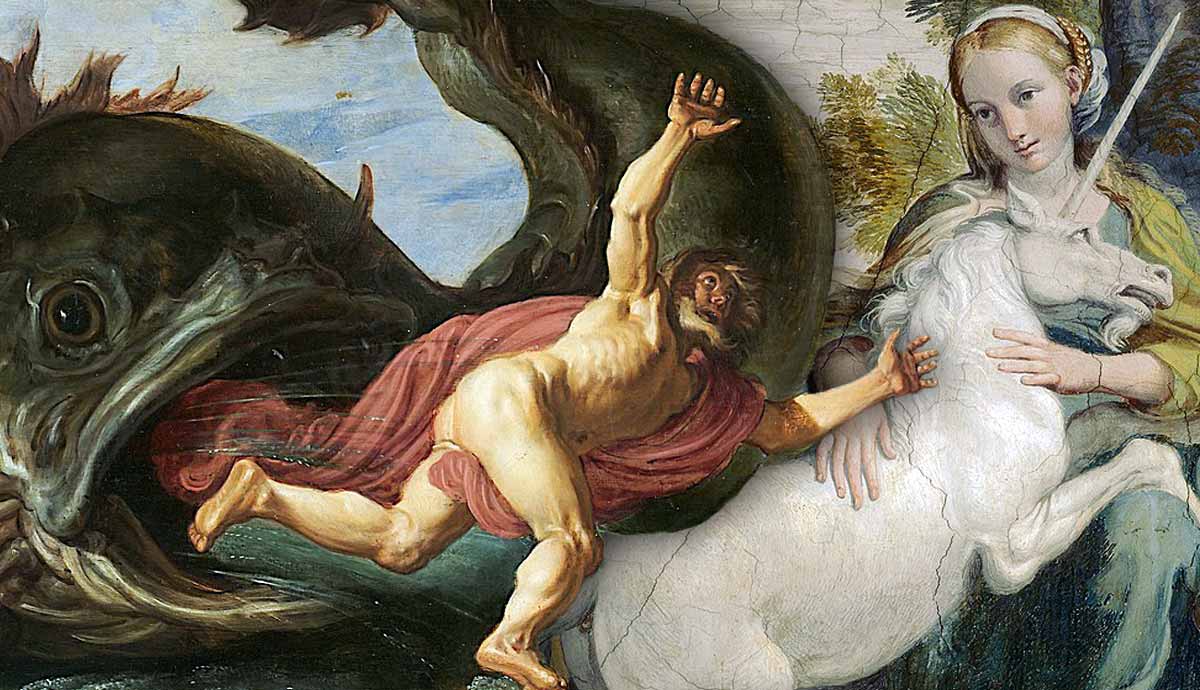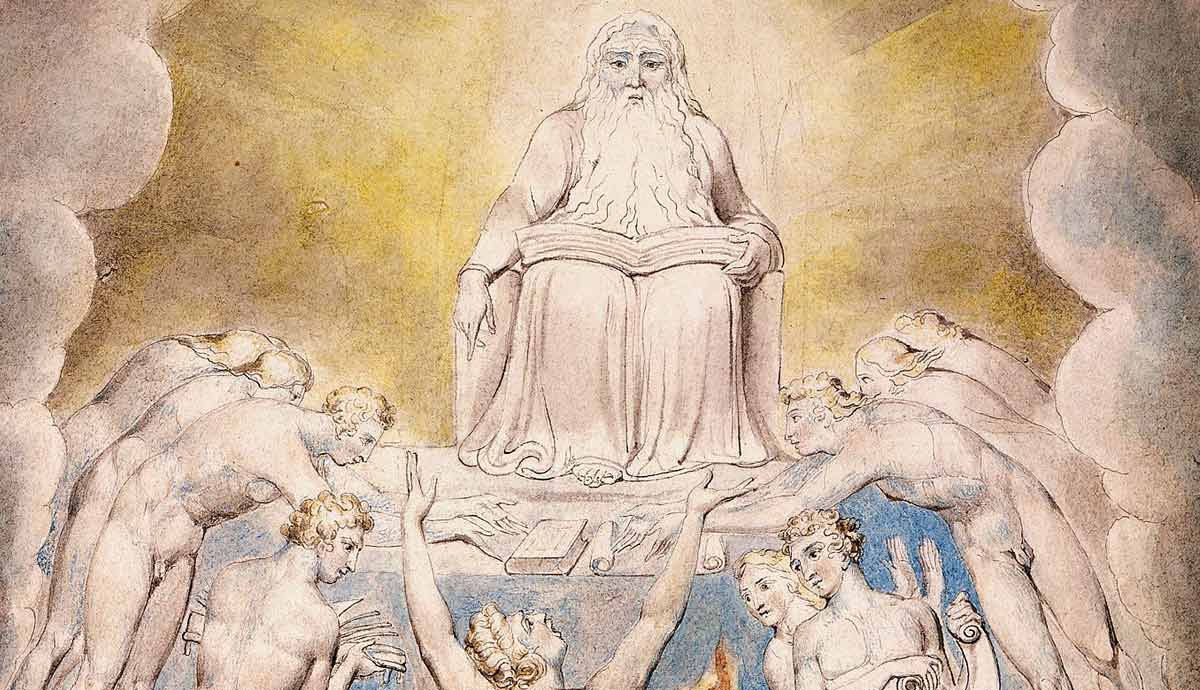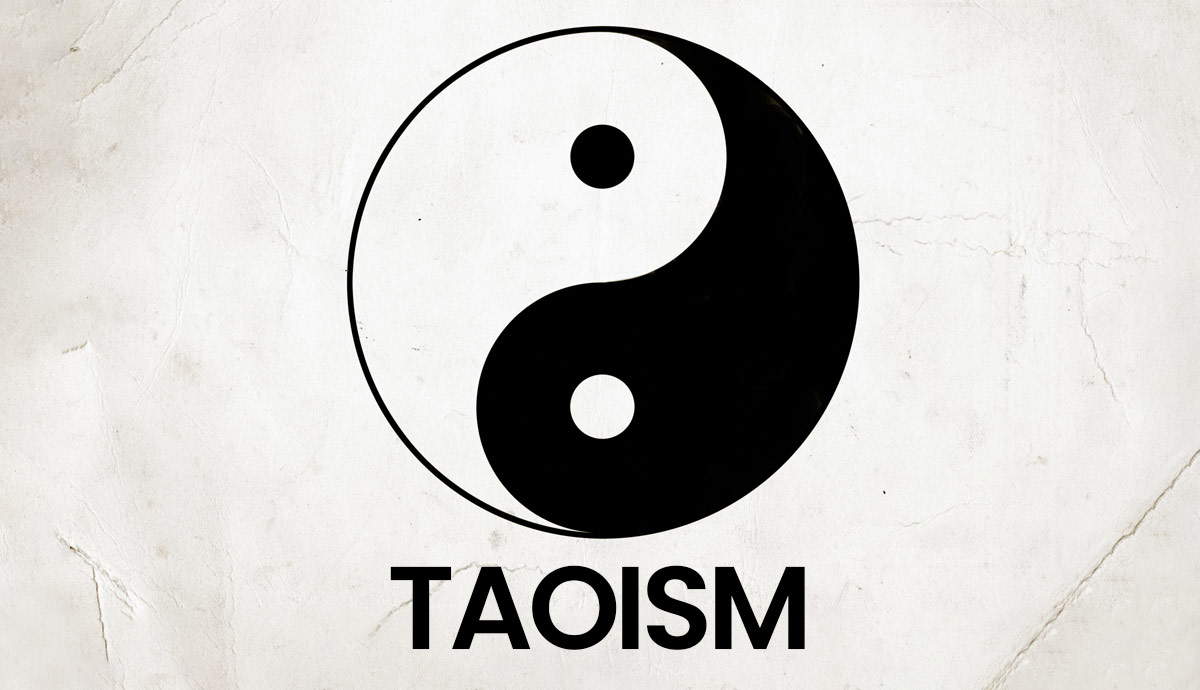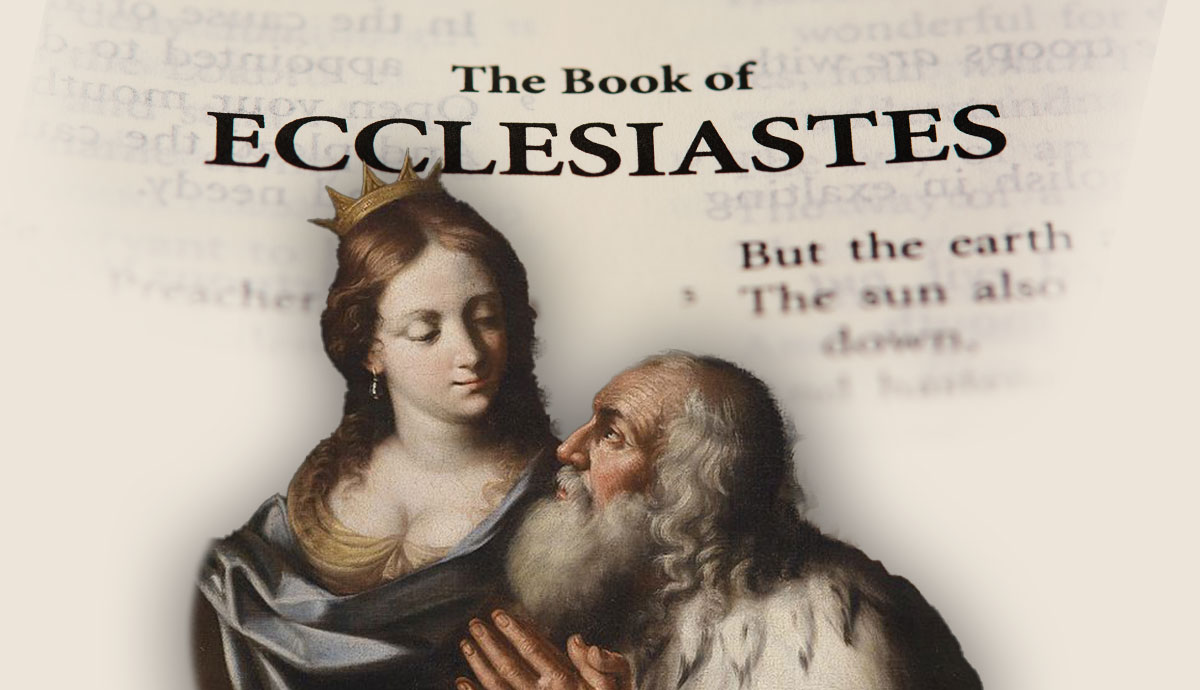
The Hebrew name of the Book of Ecclesiastes is Koheleth, meaning “one who calls or summons.” Early translations of the word show that it refers to one who calls people together to speak to them, thus referring to a preacher of sorts. From the content, we can glean that the preacher’s aim was to speak to people at all levels of society about the meaning of life and the challenges and conundrums life presents. As such, it is a philosophical work that ponders existence from the perspective of one who has seen its good and bad sides.
Book of Ecclesiastes: Authorship and Date
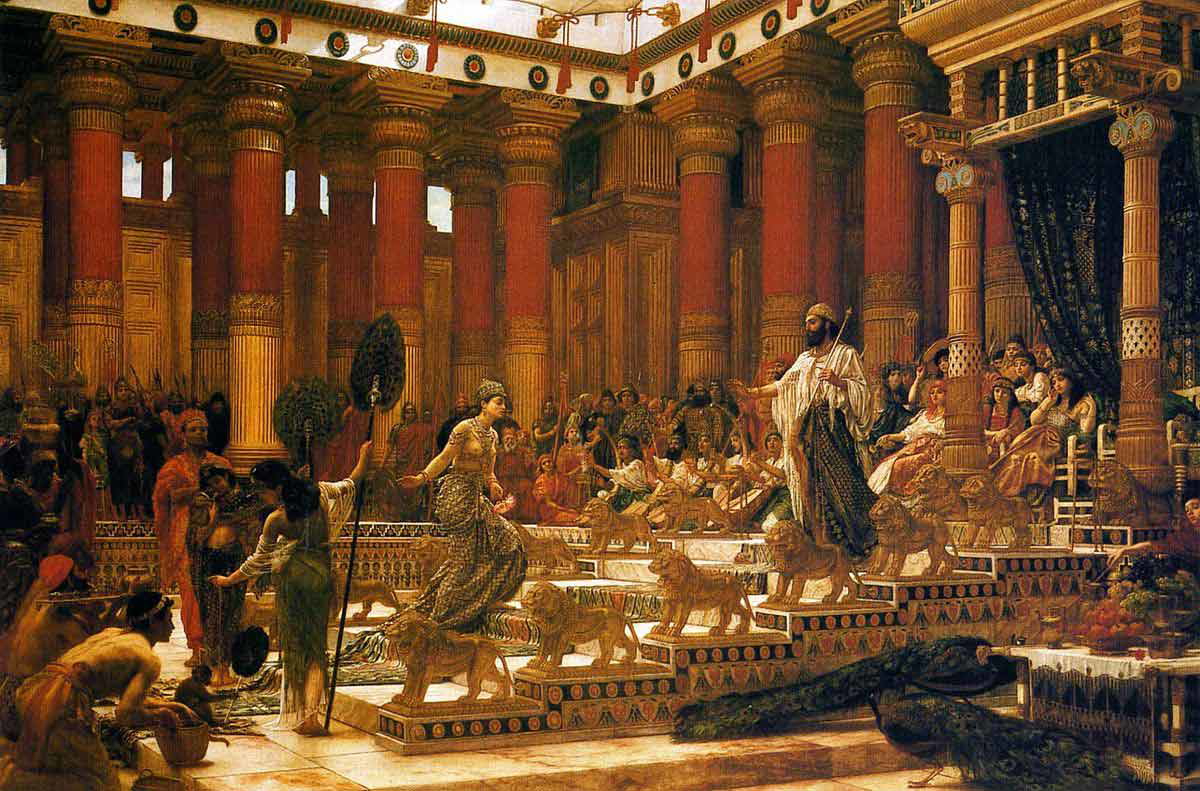
Ecclesiastes 1:1 reads: “The words of the Preacher, the son of David, king in Jerusalem.” Traditionally, Jews and Christians have attributed the work to King Solomon and many scholars hold that view to this day. Other scholars, however, point out that if Solomon was the author, its content would pose some serious challenges from a cultural and theological perspective.
Taking these differing views into account, the dates scholars propose for the authorship of Ecclesiastes range from the 10th century to the 3rd century BCE. The obvious contradictions in Ecclesiastes have caused some scholars to postulate that the book may be a compilation. Solomon may well have authored parts of it, but others likely contributed as well, resulting in a work authored over several centuries. This approach would explain the contradictory elements in the final version.
Historical Context
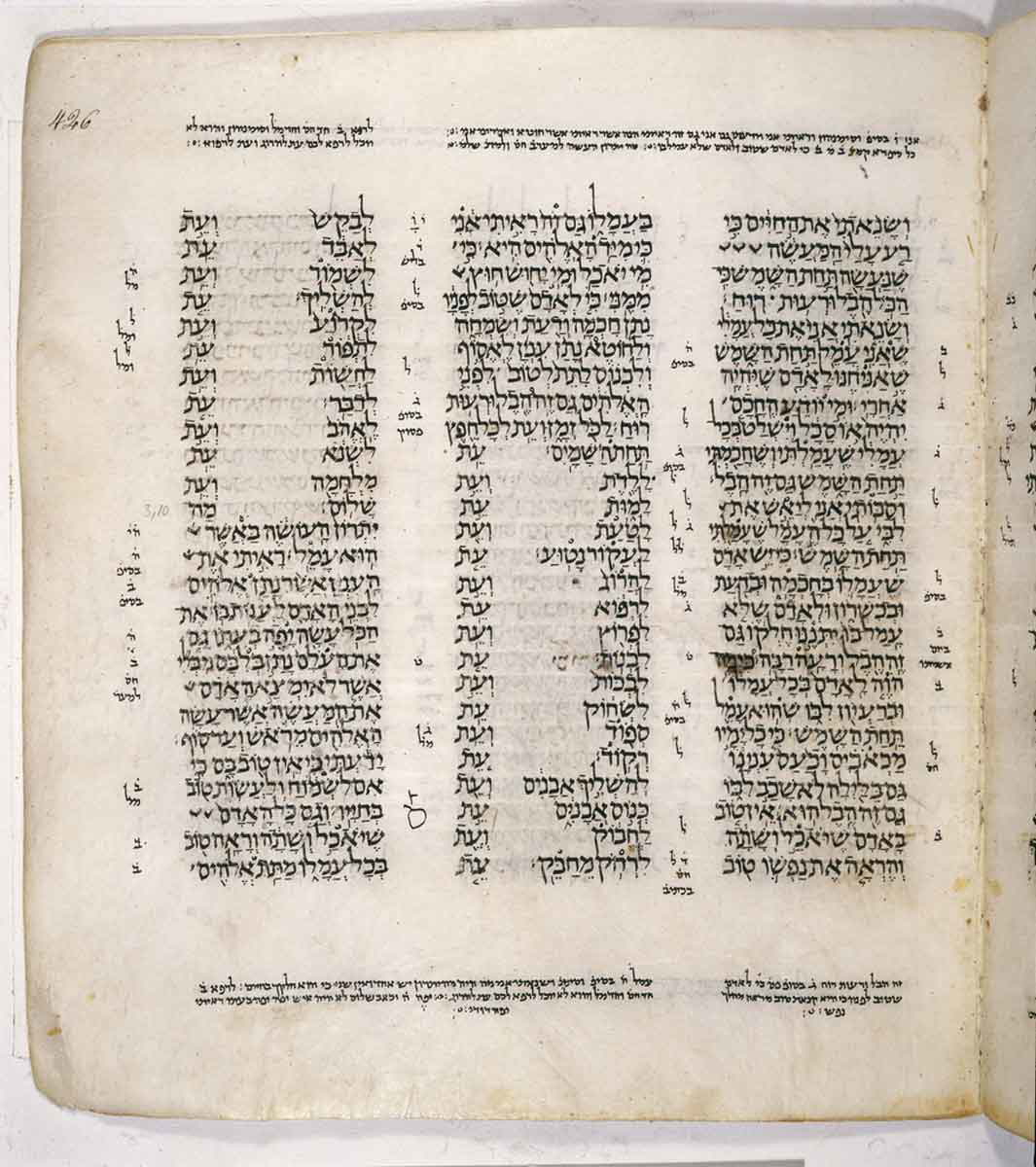
If Solomon was the sole author, he drafted the book when Israel was at the apex of its existence and some of the content would be difficult to explain. Conversely, if it was a work authored over several centuries, the success during Solomon’s reign, the subsequent split of Israel into two kingdoms, and the eventual exile of both the northern nation of Israel and the southern nation of Judah explain the different contexts the content of the book speaks to.
Linguistically and stylistically, the book itself suggests a later date of authorship than Solomon’s lifetime. That does not exclude the possibility that some parts may have originated from Solomon. It may have been compiled, added to, and edited during the Persian Period or even as late as the Hellenistic Era which would explain the text’s cognizance of how fleeting prosperity is. The content suggests stoic influence and traces the post-exilic thought of the author(s) attempting to reconcile their faith with the challenges and realities of restoring their traditional lifestyle and culture.
Main Themes
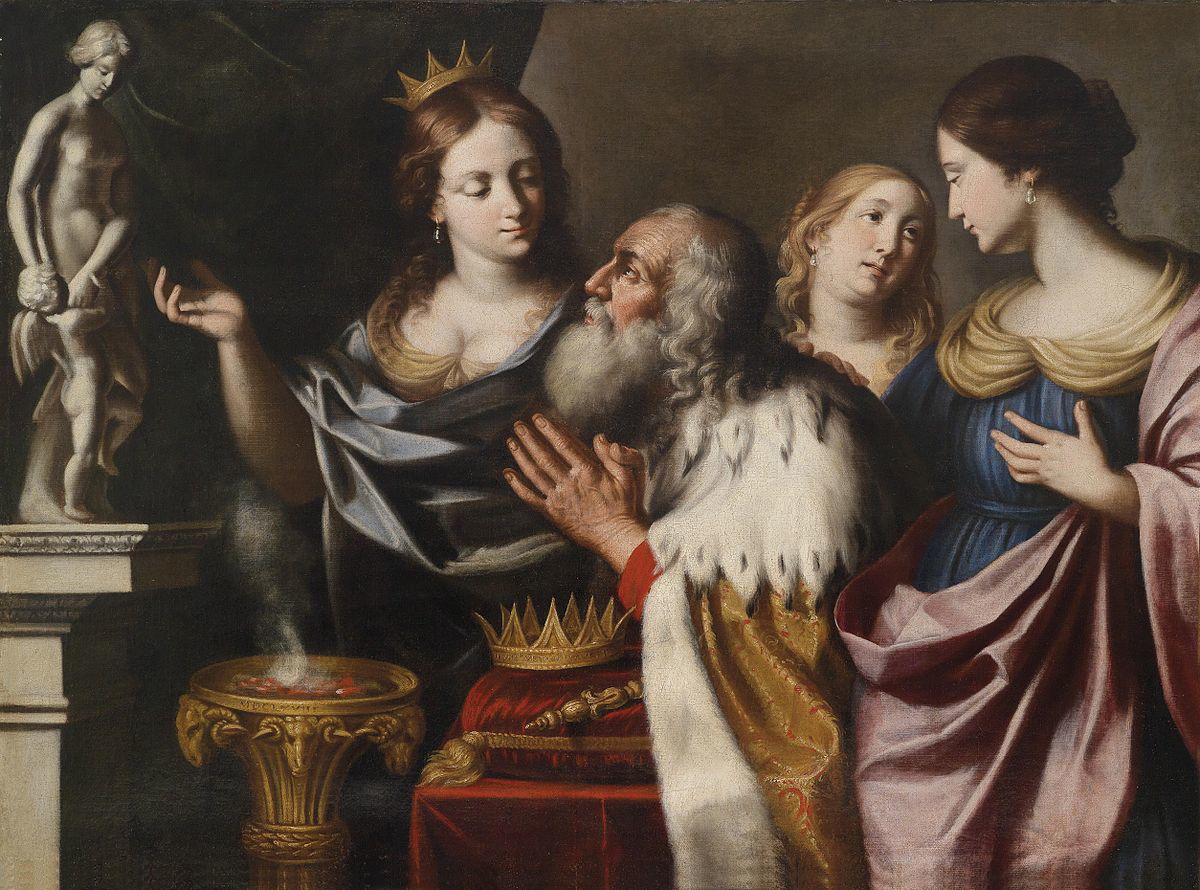
One main theme in Ecclesiastes is the vanity, futility, transitoriness, and fleetingness of life. The opening verses set a surprisingly fatalistic tone which does not align with the general view readers have of King Solomon. He was a king who ruled Israel at its peak and had immense influence in his day. He built Israel’s focal point of worship: the Temple, among many other works that exemplified the epitome of the kingdom’s success and status. The narrative that all human endeavors are futile and no more than vanity does not reflect his reign.
A second theme in Ecclesiastes is the fleetingness of life and the inevitability of death. The individual life is short and passes in a wink, which makes it seem insignificant in the light of impending cosmic justice which awaits in the end.
The Book of Ecclesiastes is a complex work that takes the reader on various paths that seem to always return to futility. The author pursues various avenues of thought that at times contradict each other. He seems to change his mind on matters, as if exploring alternative approaches, just to achieve the same result: all is vanity.
The book is well structured, making use of chiastic structures as a literary device with paradoxical reflections on the elusiveness of attaining that which is good in this life. In a sense, the emphasis on futility and vanity highlights the importance of living this life with the goal of attaining an afterlife.
Key Passages

Ecclesiastes 1:2-3
“Vanity of vanities, says the Preacher, vanity of vanities! All is vanity. What does man gain by all the toil at which he toils under the sun?”
The striking opening thesis of the book sets the tone for what will be concluded repeatedly after consideration from many perspectives. The book explores this theme in depth with no alternative outcome reached.
Ecclesiastes 3:1-8
“For everything there is a season, and a time for every matter under heaven: a time to be born, and a time to die; a time to plant, and a time to pluck up what is planted; a time to kill, and a time to heal; a time to break down, and a time to build up; a time to weep, and a time to laugh; a time to mourn, and a time to dance; a time to cast away stones, and a time to gather stones together; a time to embrace, and a time to refrain from embracing; a time to seek, and a time to lose; a time to keep, and a time to cast away; a time to tear, and a time to sew; a time to keep silence, and a time to speak; a time to love, and a time to hate; a time for war, and a time for peace.”
One of the best-known passages in Ecclesiastes highlights the rhythm of life. It speaks of the ebbs and flows of life which, at times, each reader experiences. It provides hope that the bad will pass, and likewise the good. It calls for moderation in the importance we ascribe to the phase of life we are in and the assurance that a next phase is imminent.
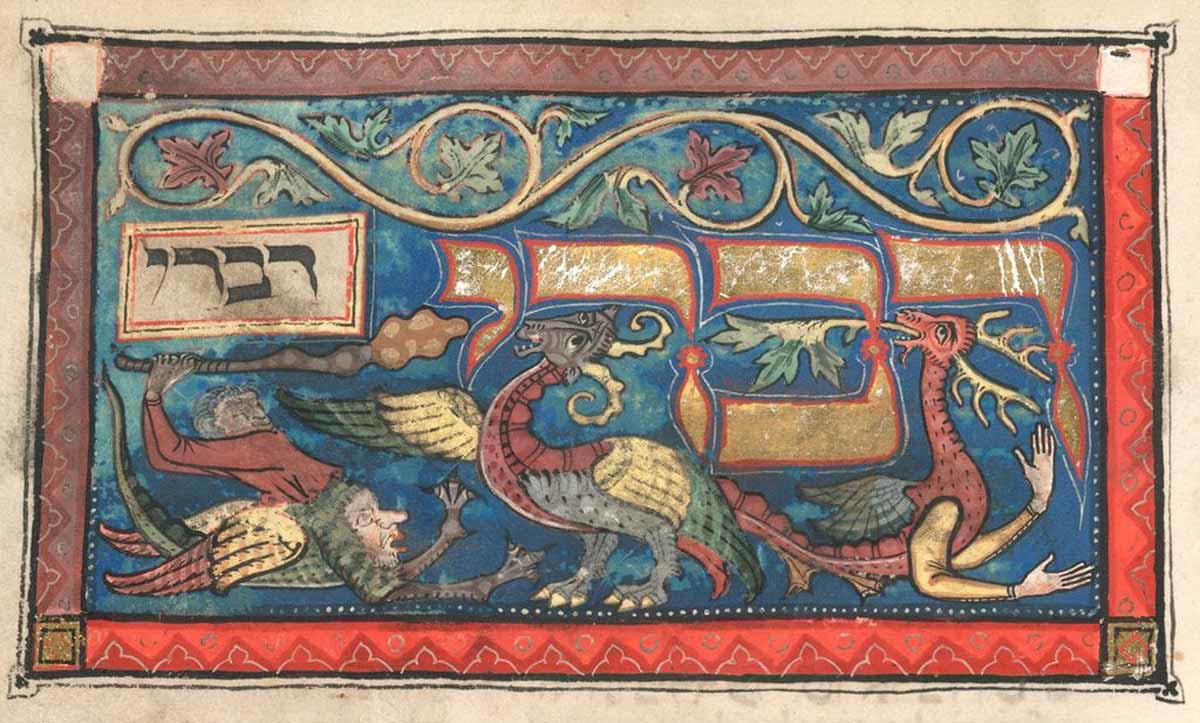
Ecclesiastes 7:14
“In the day of prosperity be joyful, and in the day of adversity consider God has made the one as well as the other, so that man may not find out anything that will be after him.”
Building on Ecclesiastes 3:1-8, this verse highlights the fleetingness of prosperity and adversity in the greater scheme of things, the unpredictability of life, and the importance of humility and trust in God’s sovereignty, who allows both to befall every person.
Ecclesiastes 9:10
“Whatever your hand finds to do, do it with your might, for there is no work or thought or knowledge or wisdom in Sheol, to which you are going.”
Sheol refers to the grave and by implication death. Far from promoting the idea that because all is vanity, it is futile to do anything, this verse argues for the opposite. The opportunity to do what can be done while it can should be embraced. Yes, it will not influence the outcome, but the outcome should not be an excuse not to live life to its full potential.
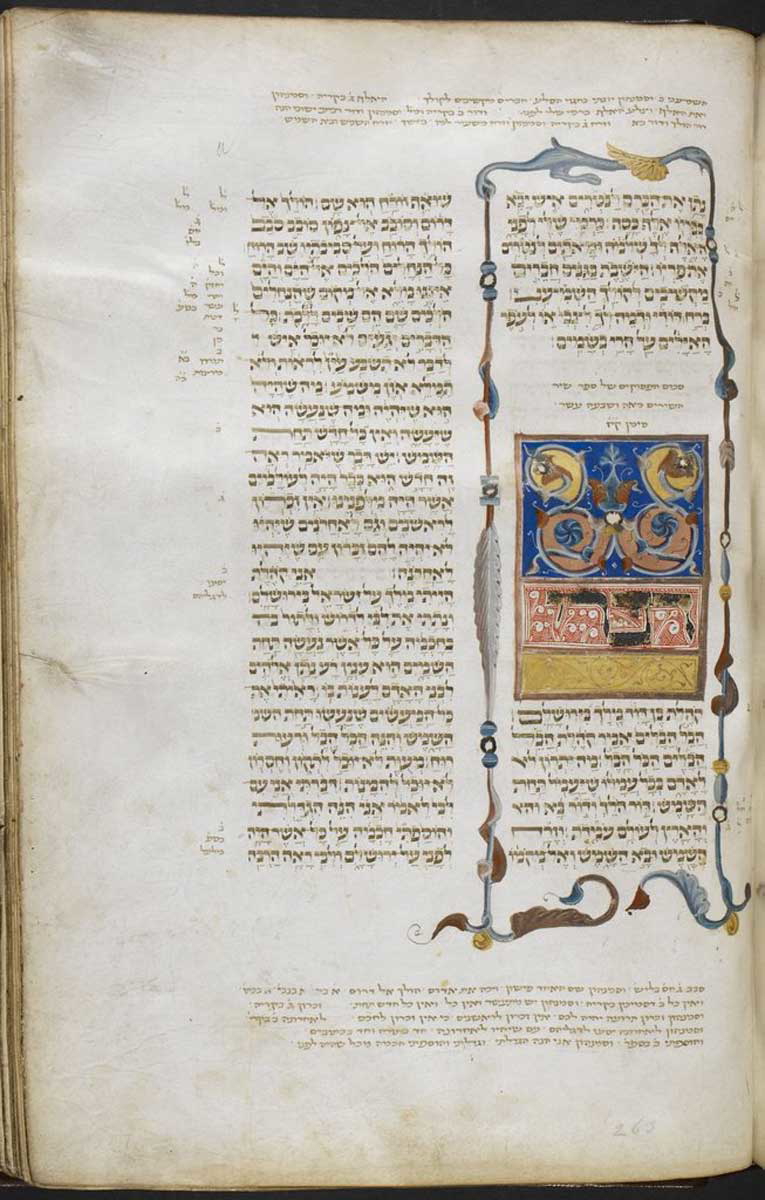
Ecclesiastes 12:13-14
“The end of the matter; all has been heard. Fear God and keep his commandments, for this is the whole duty of man. God will bring every deed into judgment, with every secret thing, whether good or evil.”
Far from ending with the message of vanity and futility, the last chapter of Ecclesiastes marks a dramatic change that ties all the previous conclusions together and shows the significance of the book. It is a call to worship and obedience. The preacher concludes that though this life may seem futile and insignificant, it does provide the assurance that in the end, the judgment of God will come, and whatever we do in life will be revealed. Living by God’s commandments is the duty of those who seek meaning beyond the current mode of temporal life. It helps the believer onto the pathway to real meaning and eternal existence.
Contemporary Relevance
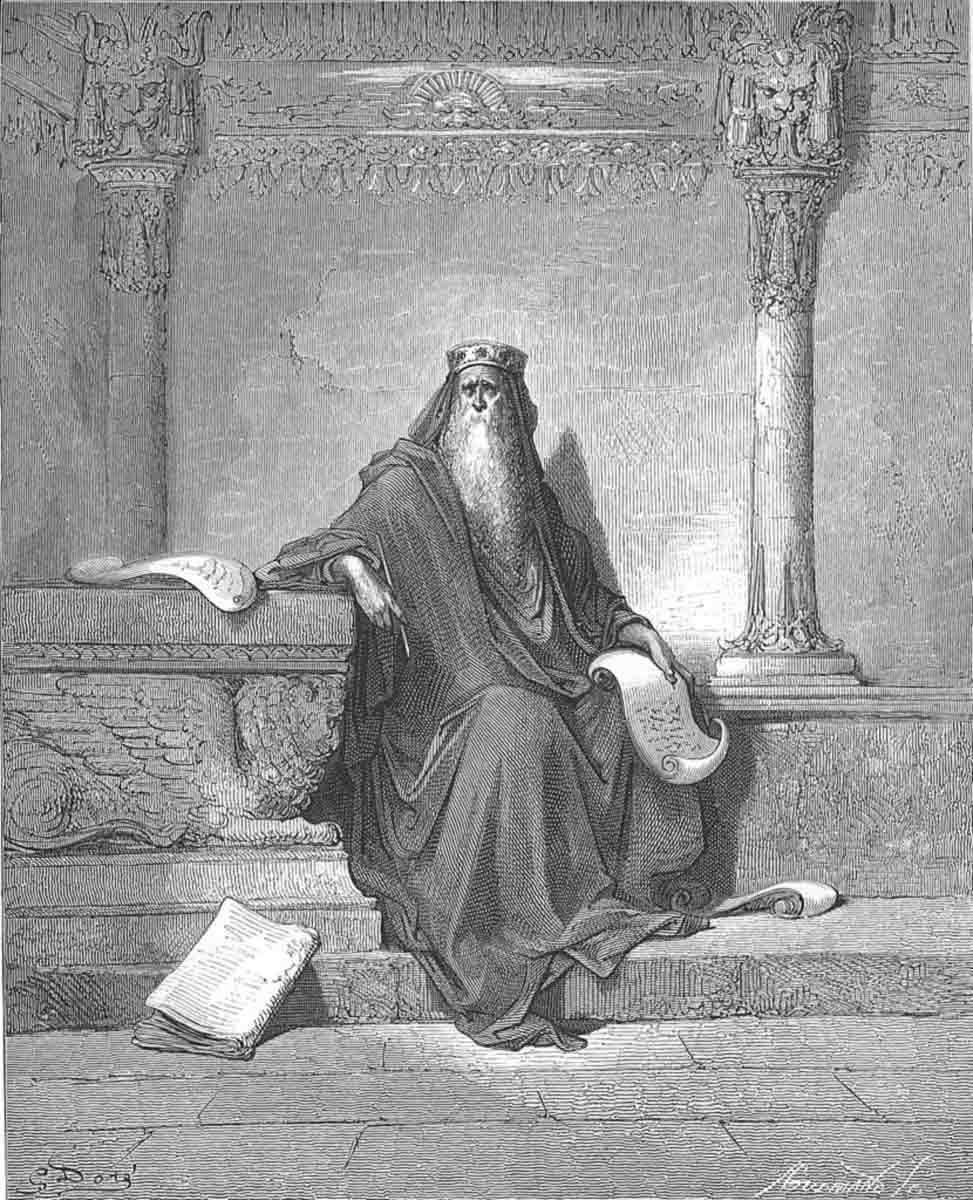
Because Ecclesiastes focuses on the relentless mediocrity or futility of daily living, it is relevant to readers from all ages, and even more so in the hustle and bustle of contemporary society. If written today, one can imagine the author highlighting the futility of endless hours spent scrolling through social media without any real benefit and the vanity of profiles that reflect the what-I-claim-to-be persona that is disconnected from the real individual.
Though millennia apart, readers today can associate with the experience of the author who asks them to stand back and observe their lives from a distance, as far as that is possible. It calls for reflection and consideration of the things that may seem important at the moment and begs for evaluation of it in the light of the greater scheme of things. It calls for meditation on the meaning and mysteries of life and death, the purpose and value of those things we engage in and fill our existence with, and the ultimate obscenity of death which will inevitably cut those things short. Even in a world with exponentially more options and possibilities that science and technology provide, the core thesis of Ecclesiastes resonates, and even more so because of it.
